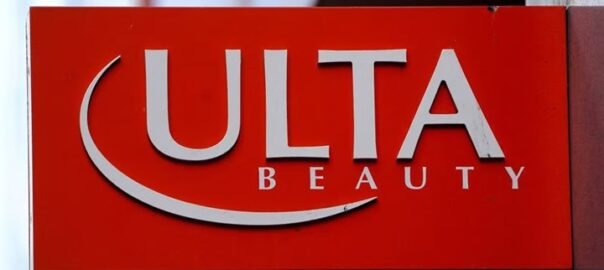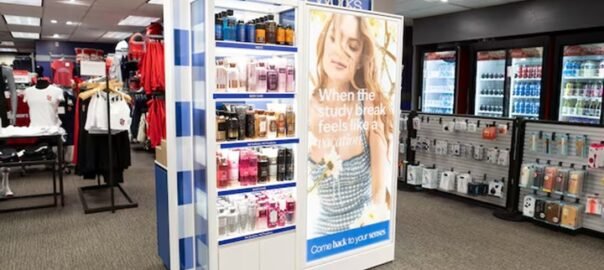Scribe Minds & Media gears up to host FutureMart 2025 – The Super & Hyper Market Experience Summit & Awards on November 20, 2025, in Dubai, United Arab Emirates.
FutureMart 2025 marks the region’s first-ever dedicated platform exclusively focused on the hypermarket and supermarket sector, uniting senior executives, innovators, and decision-makers driving the transformation of grocery retail across the Middle East.
As grocery retail evolves with new consumer expectations, digital transformation, and sustainability imperatives, FutureMart 2025 provides a powerful stage for collaboration, dialogue, and strategic exchange. The summit will explore how technology, design, and customer experience are shaping the next phase of the retail industry.
The agenda features a uniquely curated structure inspired by the world of retail itself, blending creativity with content depth. From Prime Shelf opening keynotes that set the tone for transformation, to Round Aisle panels designed for multidimensional discussion, Center Shelf thought-leadership sessions spotlighting emerging priorities, Smart Shelf presentations featuring innovation leaders, and Express Checkout fireside chats delivering concise, high-impact insights.
Key topics of discussion include:
- Beyond the Barcode: The Middle East blueprint for the era of super and hypermarkets
- Price Point Playbook: Competing on value in a shifting economy
- Securing Tomorrow’s Shelves: Global sourcing strategies for resilient food systems
- Human Touch, Digital Heart: Designing seamless experiences across online and offline channels
- Fast Lane Future: What will stores look like in 2030
The summit will conclude with the FutureMart Awards, hosted by Clap4Brandz, recognizing excellence and innovation in the retail sector. The awards will celebrate achievements in leadership, digital transformation, sustainability, and customer experience, followed by a networking dinner and gala.
FutureMart 2025 stands as more than an event; it is a movement to modernize grocery retail, connect visionary leaders, and inspire the next era of hyper and supermarket transformation.
To learn more about FutureMart 2025:
🔗 https://www.futuremartsummit.com/
For partner inquiries, please contact: Jordan Abraham – jordan.abraham@scribeminds.com
Pradish Gireesan – pradish.gireesan@scribeminds.com











